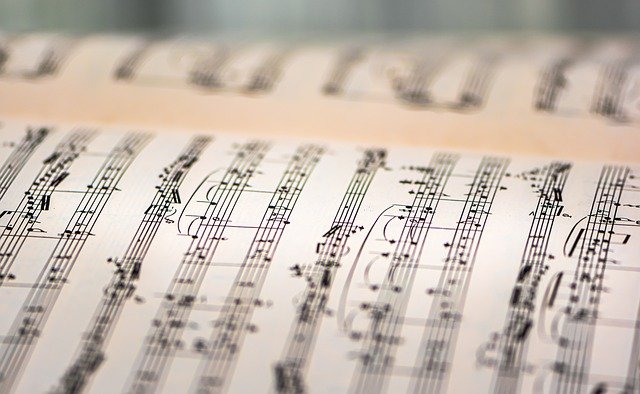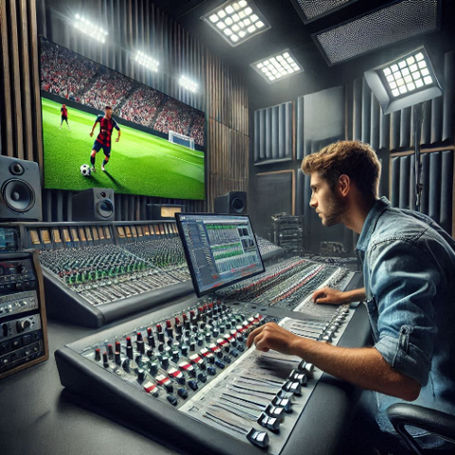From the production and distribution of music to our consumption and experience of it, technology has radically changed the music business. The art of music has been profoundly and in many different ways impacted by this digital revolution.
Production and Recording: The Digital Audio Workstations (DAWs)
With professional-grade tools, DAWs have democratized music creation and let artists record, edit, and mix their own work at home.
Virtual Instruments
Virtual instruments and synthesizers have opened a great range of previously unreachable sounds and textures, hence extending the sonic palette available to musicians.
Usage and Distribution: The Streaming Platform
Providing on-demand access to millions of songs, platforms including Spotify, Apple Music, and YouTube Music have transformed music consumption.
Social Media
By letting musicians interact directly with their fans and grow their fanbase, social media sites like TikHub and Instagram have evolved into potent instruments for music discovery and marketing.
Accessibility and Innovation
Technology has removed geographical restrictions, enabling musicians to access worldwide audiences with formerly unheard-of simplicity.
New Creative Routines
Rising electronic music, hip-hop, and other genres mostly dependent on technology has stretched the limits of musical expression and creativity.
Final Thought
Unquestionably, technology has changed the music business and given audiences as well as musicians chances and difficulties. Although some mourn the collapse of conventional music businesses, it is indisputable that technology has enabled musicians, encouraged innovation, and made music more widely available than it has ever been.


